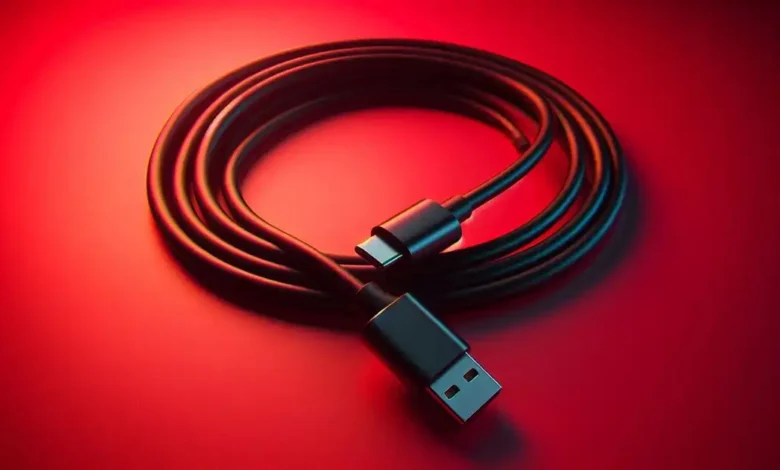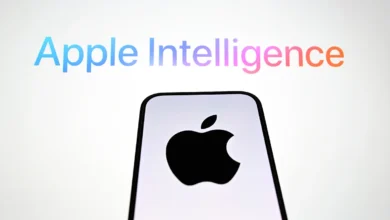
Highlights: The Indian government plans to mandate the use of USB Type-C charging ports on smartphones, tablets, and laptops in the coming years. Specifically:Smartphones and tablets sold in India will be required to have a USB-C port by June 2025. This rule will apply to both Android and iOS devices, though basic phones, wearables, and wireless audio accessories will be exempt for now.Laptops, including Windows, Mac, and Linux models, will need to adopt the USB-C standard for charging by the end of 2026. This move is intended to reduce electronic waste and enable a more streamlined user experience with a universal charging solution.
For years, a tangled mess of chargers has plagued our lives. Inconveniently shaped plugs, a frustrating lack of universality, and the ever-present fear of losing the right one – these are the hallmarks of the charger wars. But a beacon of hope has emerged on the horizon! The Indian government is taking a bold step towards a more unified future by proposing to make USB Type-C charging ports mandatory for smartphones and laptops in the coming years. Let’s delve deeper into this exciting development and explore its potential impact.
The Case for USB-C: Convenience and Environmental Benefits
The USB Type-C port, often referred to as USB-C, is a revolutionary connector praised for its sleek, reversible design. Unlike its predecessors, USB-C plugs in effortlessly, regardless of orientation. This eliminates the frustration of fumbling in the dark, a welcome change for anyone who’s ever struggled with a micro USB cable.
But the benefits extend far beyond convenience. USB-C boasts superior data transfer speeds, allowing for faster charging and data syncing. It also supports various power delivery protocols, enabling a single cable to power a wider range of devices, from smartphones to laptops. This translates to a significant reduction in e-waste. No more overflowing drawers filled with outdated chargers – a single USB-C cable will likely suffice for all your needs.
Following the EU’s Footsteps: A Global Shift Towards Standardization
India’s proposed mandate mirrors a similar regulation implemented by the European Union in 2022. This move towards standardization reflects a growing global consensus on the importance of reducing e-waste and simplifying the consumer experience. With major markets like the EU and potentially India adopting USB-C, we can expect a ripple effect, encouraging manufacturers to prioritize this versatile port on a global scale.
What to Expect in India: Timeline and Implementation
The Indian government is reportedly planning a phased rollout, with USB-C becoming mandatory for smartphones and tablets by June 2025. Laptops are expected to follow suit in 2026. This timeline provides manufacturers with ample time to adjust their production lines and ensure a smooth transition for consumers.
Potential Challenges and the Road Ahead
While the move towards USB-C is undoubtedly positive, there could be some initial challenges. Manufacturers who currently utilize proprietary charging ports may need to adjust their designs. However, the long-term benefits outweigh these short-term hurdles. Additionally, ensuring all USB-C cables are built to the same quality standards will be crucial to avoid compatibility issues.
A Brighter Future: A Unified Charging Experience for All
The Indian government’s proposal to mandate USB-C represents a significant step towards a more unified and sustainable future. With a single charging standard, consumers can look forward to a more convenient and eco-friendly experience. This move has the potential to not only simplify our lives but also create a more responsible electronics market. As India takes the lead in this initiative, we can expect a domino effect, paving the way for a world where one charger truly does rule them all.
To Conclude
The Indian government has held discussions with industry stakeholders, who have generally welcomed the upcoming USB-C mandate. Companies like Xiaomi and OPPO have emphasized the benefits of a uniform charging standard, including reduced costs, easier recycling, and more convenient device charging.
This initiative follows a similar rule implemented by the European Union, which is requiring USB-C ports on a wide range of electronic devices by the end of 2024. India is giving manufacturers an additional 6 months to comply, allowing them more time to make the necessary changes.



